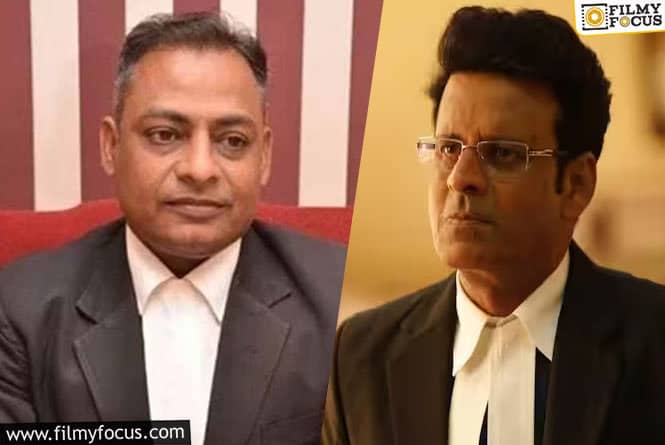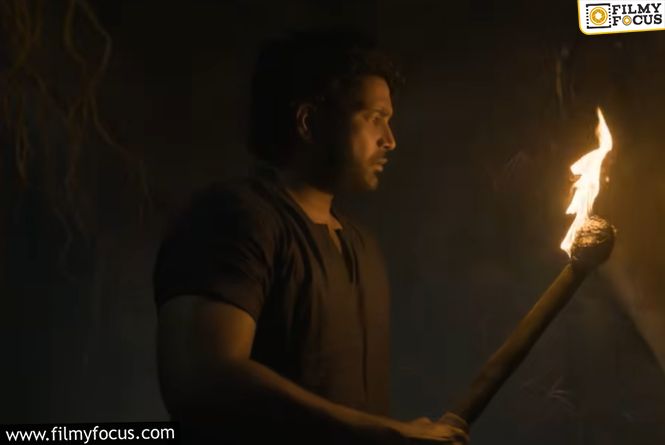Real Life Bandaa Advocate Claims Film is Not on Him!

The ‘inspiration’ for Manoj Bajpayee’s film Bandaa, advocate Poonam Chand Solanki, has made some accusations.
Manoj Bajpayee’s newest courtroom drama, “Sirf Ek Bandaa Kaafi Hai,” is claimed to be based on Jodhpur attorney Poonam Chand Solanki, who is apparently not happy about reports that his life is referenced in the film’s plot.
Manoj portrays a lawyer who successfully prosecutes a self-described godman in a notorious rape case in a Jodhpur court in the courtroom drama that premiered on Zee 5 on Tuesday.
By chance, Solanki was the lawyer who defended Asaram Bapu in the 2013 rape case and succeeded in having the self-styled godman found guilty.
“I have taken the legal recourse in this matter. How can it be claimed that the movie is inspired by real-life events involving me when no NOC was collected from me, nor the script was approved by me? Those who signed an agreement with me sold the rights without informing me,” Solanki told.
He added that the agreement signed with him was for a ‘biopic’. Contrary to what has been portrayed in the latest courtroom drama, that it is ‘inspired’ by real-life events, Solanki feels sad with the fact that he has been ‘duped’. Even Asaram Bapu’s charitable trust, Sant Shri Asaramji Ashram Charitable Trust, has sent a legal notice to the makers of the film, alleging that it is “highly objectionable and defamatory”.
Solanki said, “I have filed a case in the trial court and notices have been served to the producers and others. Imagine, in June 2021, they signed an agreement with me and in September, they sold the rights to another party… How can they do it.”
“My intellectual property rights have been violated, so notices have been served to the producers and the next hearing is scheduled on May 31,” he added.
Solanki also lambasted the way the advocate has been ‘portrayed’ as a hero in the film through Manoj Bajpayee, saying, “I am not a hero, I simply discharged my duties as a lawyer. As the script was not shown to me, I don’t know what fictional or non-fictional matters they had collected, or whether they could do it legally,” Solanki told.












